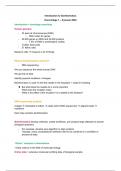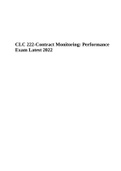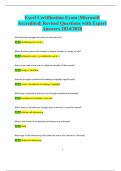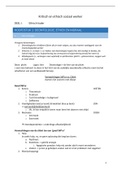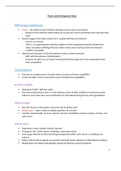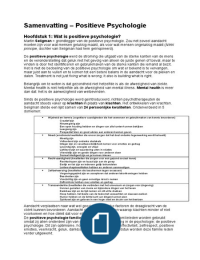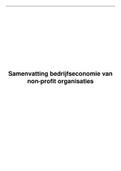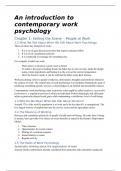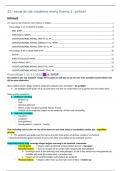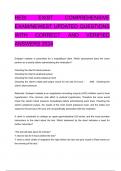College aantekeningen
Aantekeningen hoorcollege 1: Introduction + homology searching . Introduction to Bioinformatics
- Instelling
- Vrije Universiteit Amsterdam (VU)
De aantekeningen van hoorcollege 1 over Introduction + homology searching van het vak introduction to bioinformatics. Het document bevat duidelijke afbeeldingen. Verder is het overzichtelijk en duidelijk gemarkeerd.
[Meer zien]
